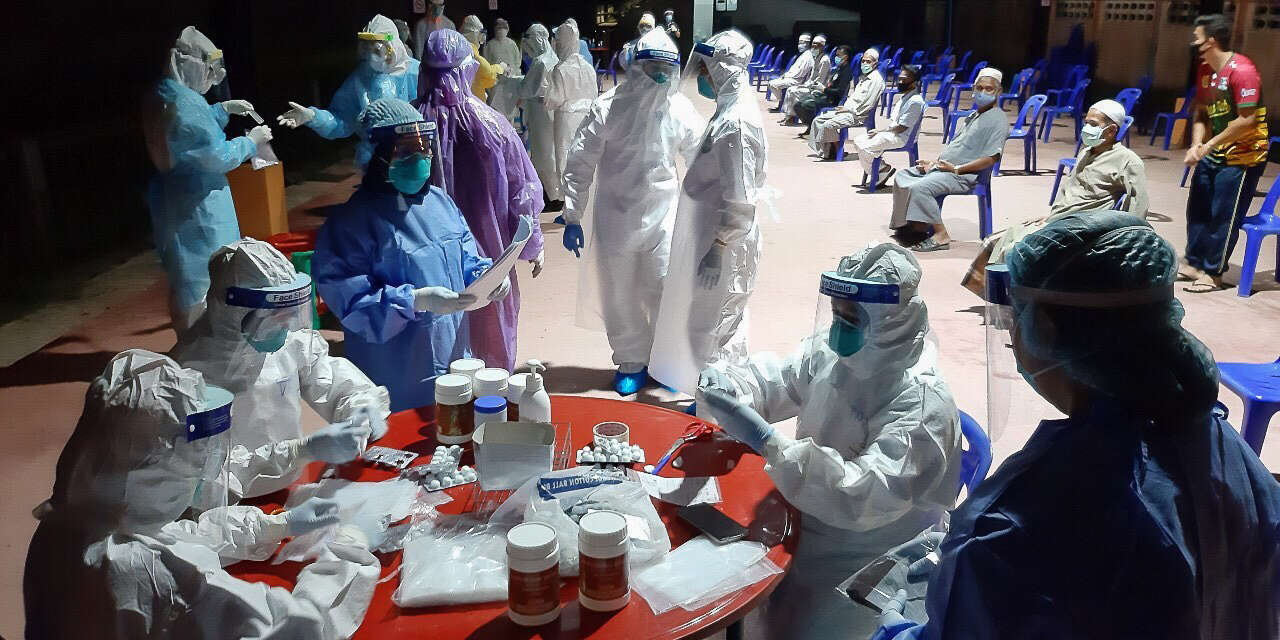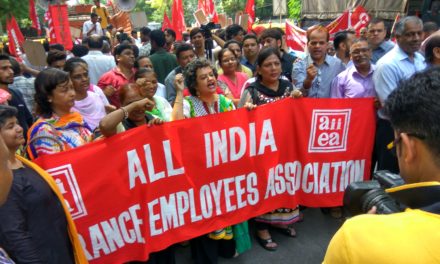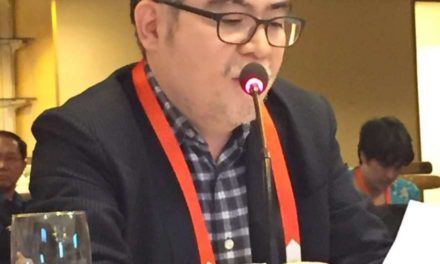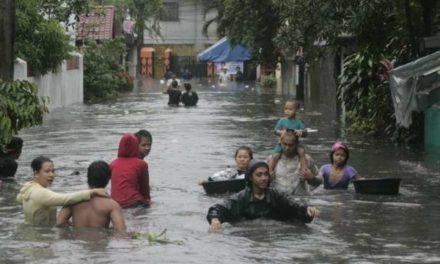Statement by Focus on the Global South
13 June 2022
The proposed compromise text on the WTO TRIPS waiver, which has become the basis of the on-going WTO Ministerial negotiations and been touted as a critical step towards a multilateral agreement on the suspension of IPRs to respond to the COVID-19 pandemic, falls short of what is urgently and desperately needed to address the on-going global health emergency.
It is important to underscore the extent of the crisis that prompted the proposal for a TRIPS waiver. In the wake of continuing surges across the globe of new COVID-19 cases, vaccination has become an indispensable tool to prevent the rapid spread of the disease, reduce the severity of infections and deaths. Unfortunately, while rich countries are able to secure much of the vaccine supplies, poorer countries that are in fact most vulnerable to the disease have been left out and have to rely on multi stakeholder programs like Covax . The WHO, itself has called out developed countries over the huge vaccination gap, where 56 percent of the doses have been administered in high-income countries accounting for 16 percent of the global population. While just 0.1 percent have been administered in the 29 lowest-income countries, home to nine percent of the global population.
Across Asia, with vaccinations averaging only around 56.8 percent of the population, the region remains highly susceptible to the impact of surges in new infections, and the emergence of new Covid-19 variants.
The TRIPS waiver was proposed as a critical global action to shore up more equitable production and distribution of life-saving vaccines and treatment amidst an unprecedented global health emergency. Suspension of several provisions under TRIPS was proposed as a way to address the barriers to scale up global manufacturing, and facilitate more equitable access to vaccines and treatment.
Critique of the text
The proposed compromise unfortunately narrows the scope of the waiver considerably. The proposed compromise text is focused solely on Article 31 of the TRIPS Agreement (Other Use without authorisation) which covers only section 5 on patents of the TRIPS agreement. The India- South Africa waiver proposal on the other hand calls for a waiver on obligations not just on patents, but obligations on copyright, industrial designs, and protection of undisclosed information as well. This wider scope of application is necessary to address other barriers posed by intellectual property rights beyond patents.
The proposed compromise is also very specific on vaccines and excludes other health products and technologies including diagnostics, therapeutics, vaccines, medical devices, PPES, their material or components, and their methods and means of manufacture for the prevention, treatment or containment of COVID 19.
As such the scope of the compromise runs counter to the logic of ‘prevention, containment….’ as highlighted by international health response agencies as MSF (Access Campaign), public health and development practitioners, as it fails to take into account the essential components and enabling conditions for effective response by the emphasis only on patents and vaccines.
A number of elements in the compromise text on duration of suspension of patents; eligibility requirements in addition to the deferred discussion on treatment and testing, and exclusion of ‘technology transfer and trade secrets’ will exclude a number of developing and least developed countries from being able to avail of waiver provisions.
Furthermore, the latest compromise text ignores the fact that 63 or so Member countries have co-sponsored and many more have expressed support for the original TRIPS waiver proposal initiated by India and South Africa; The proposal has also seen wide public support from across the globe from academics, health experts, and civil society organizations.
While it’s important to seek ways to urgently move the negotiations forward, narrowing the scope to vaccine patents is not the direction that must be taken to address the global emergency.
The compromise text is being strongly pushed by the European Union, Noway, United Kingdom, Switzerland, and Germany, which have consistently opposed the India and South Africa proposal, and reflects and supports the interest of Big Pharma–specifically Pfizer, Moderna, Astra Zeneca and Johnson and Johnson. The US has taken a hypocritical position, supporting the waiver in rhetoric but doing nothing to promote it. Reports that the US apparently walked out of the discussions on WTO’s pandemic response over proposals to make TRIPS flexibilities apply to future pandemics indicate that the US is more committed to safeguarding the interests of pharmaceutical corporations than global public health.
Barriers to Vaccine Access
Universal vaccine access is a crucial component of public responses to the pandemic. While the number of cases across Asia have dropped significantly, the region as a whole is still susceptible to impacts of possible new surges and variants.
Vaccination rates vary across the region. Some countries have been able to fully vaccinate over 75% of their population already, while some are still struggling to reach targeted herd immunity levels. The State-sponsored vaccination programs rely on three main sources: the Global Covax Facility, donations from other countries or through Covax, and bilateral purchase agreements made with vaccine manufacturers.
The effectiveness and sustainability of these programs implemented by governments in the global south, to respond not just to Covid 19 but future pandemics as well, are compromised and weakened by their heavy reliance on vaccine charity and debt-inducing procurement deals with companies.
Not only have these “philanthropic programmes been unable to adequately and in a timely manner deliver vaccines to low and middle income countries they also distort the role of IPRs at the heart of access injustice.”
Tackling the issues of intellectual property rights as a barrier to vaccine access and the need to build manufacturing capacity to boost local vaccine production are essential components of a more sustainable global response to the pandemic.
As the negotiations for the much needed TRIPS Waiver are underway in Geneva, we join other civil society organizations and movements in calling on governments across the globe to:
- Pledge not to use the WTO’s and other trade and investment agreements’ dispute mechanisms or other means in an attempt to stop or dissuade countries from producing, distributing or using medical technologies or from sharing information on how to do so regardless of WTO and free trade agreement IP rules;
- To take every step necessary to save lives and end the pandemic, including by fully using the WTO’s existing, albeit limited, flexibilities;
- To circumvent the WTO’s pharmaceutical monopoly rules when possible and outright defy those rules when needed.
The health of hundreds of millions of people in the world should not be compromised to serve the interest of big pharma to secure more profits. Equitable access to COVID treatment especially for countries in the global south should take precedence over intellectual property rights. In the short term, a comprehensive TRIPS waiver is urgently required to protect populations against the continuing COVID pandemic. In the long term, a public health and public interest oriented multilateral framework under the aegis of the World Health Organisation is needed where health is not made subservient to trade interests. Over the past 27 years, the TRIPS agreement has been thoroughly exposed as a dangerous weapon in the arsenal of corporate power. It is about time to revoke it once and for all. We call upon Governments to urgently initiate this process.










